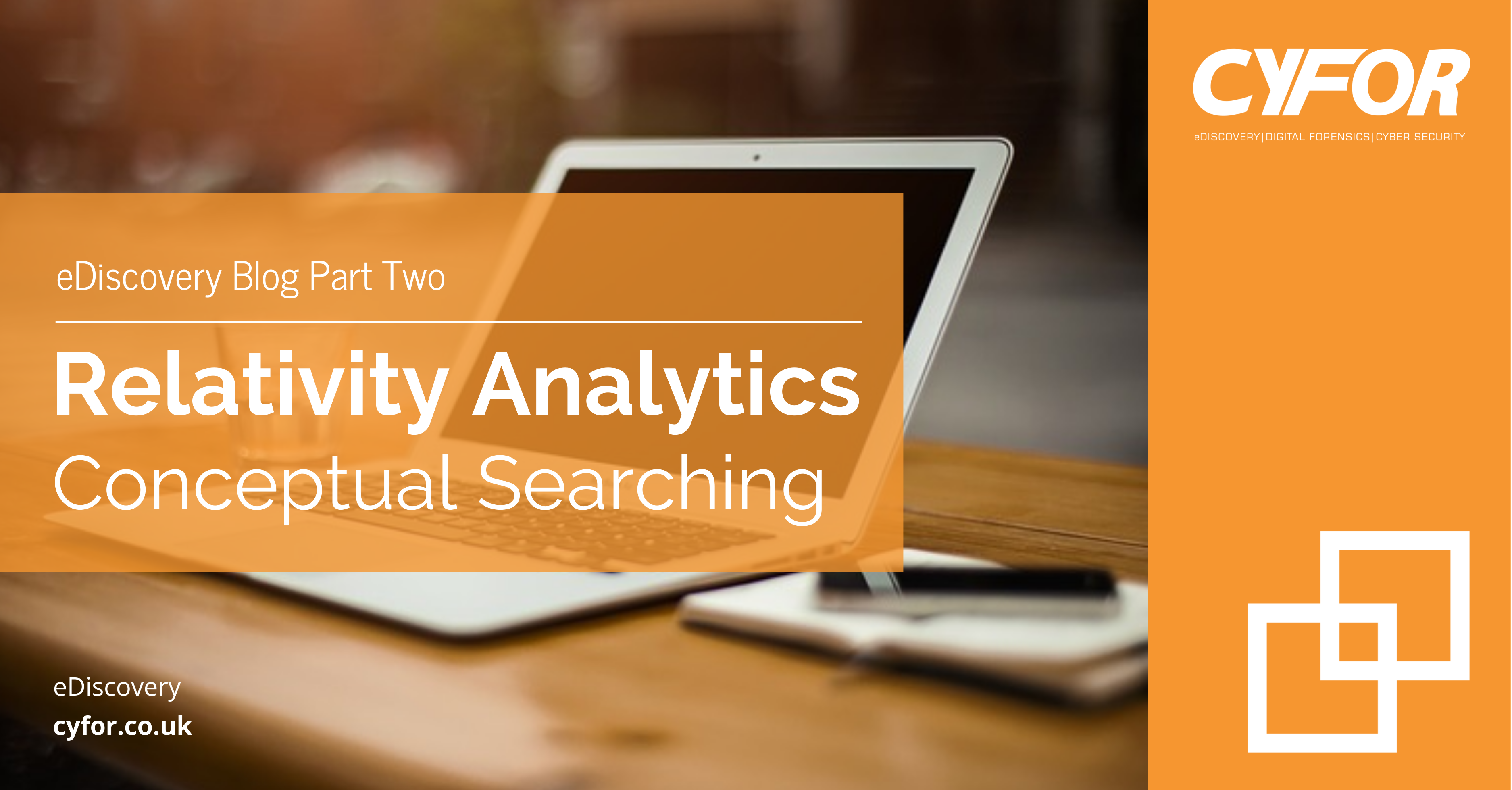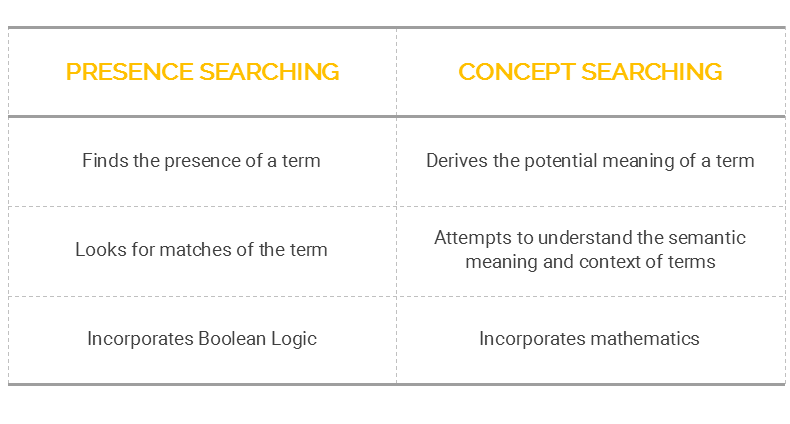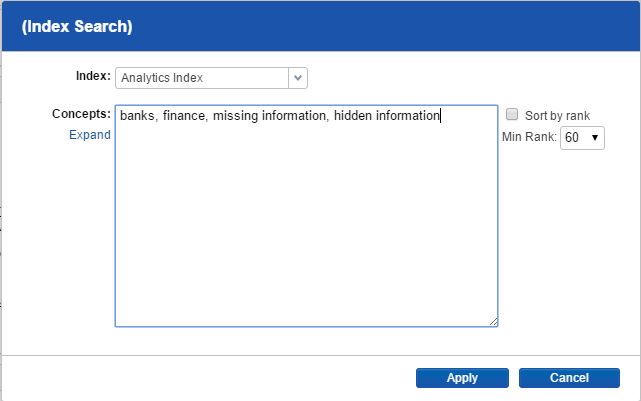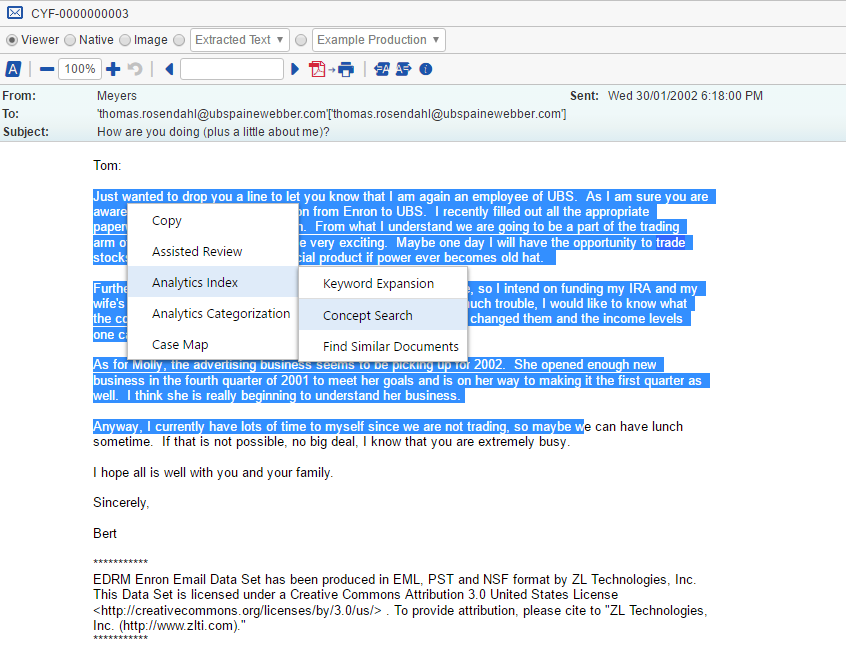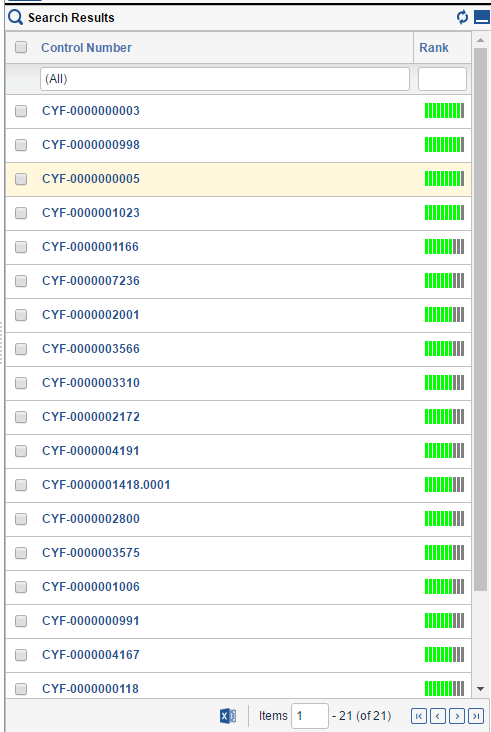Relativity Analytics Part Two: Conceptual Searching
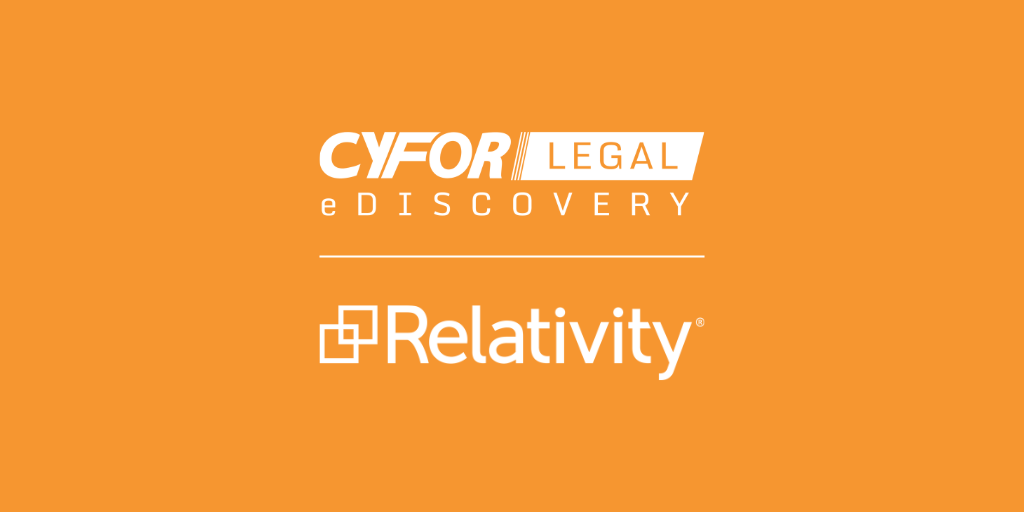
Relativity Analytics Part Two: Conceptual Searching
CYFOR eDiscovery blog part two, written by our experts who utilise the Relativity online review platform. In this article, eDiscovery Specialist Talha Ali details the advantages of Conceptual Searching within Relativity Analytics.
Relativity offers a wide range of search features designed to facilitate and enhance the document review process. Searching in Relativity can be essential for a case, as it is used to decrease the amount of data to review and find the most relevant documents. There are two main methods Relativity uses to search through data;
Presence searching
Presence searching looks through the data set in order to find a match of a certain term using Boolean logic, which is a form of algebra in which all values are reduced to either TRUE or FALSE.
Conceptual searching
Conceptual searching uses mathematics in order to derive the potential meaning of a term and attempts to understand the semantic meaning and context of terms.
Below is a table comparing Relativity’s presence searching and concept searching;
Conceptual searching within Relativity uses the analytics index in order to draw documents together based upon the ideas and relationships of the documents. There are two ways conceptual searching can be applied to the data set, firstly, by typing any concept within the search box in order to return results manually. This allows the user to submit a query of any size and receive documents that contain the query expressed. The match is not based upon any specific term in the query or document, but rather the conceptual relationship.
The example outlined below and throughout the blog uses the Enron dataset. This is an open source data set that is extensively used for training and visual representation examples;
Conceptual searching is a useful tool to use throughout the review process and should be considered alongside other analytics features when determining workflow.
Document Viewer
Conceptual searching can also be used from within the document viewer by conceptually searching through highlighted text. This enables the end user to find conceptually similar documents to the potentially relevant text found.
This method displays the results in the search results pane of the document viewer and sorts the documents by the rank of how conceptually similar the documents are to the content selected.
The advantage of concept searching over presence searching is that it functions by finding term correlations within a document set rather than only finding matching keywords or phrases. It also enables the user to bypass obstacles presented by language in that documents are found through the use of a concept rather than single words, reducing the amount of potentially irrelevant documents found through words with multiple meanings.
Overall, Relativity provides a platform that takes advantage of the latest technologies in order to enhance and support the review process when searching for particular documents. Conceptual searching is a useful tool to use throughout the review process and should be considered alongside other analytics features when determining workflow.
Call us today and speak with a Forensic Specialist
Send an enquiry to our experts
After submitting an enquiry, a member of our team will be in touch with you as soon as possible
Your information will only be used to contact you, and is lawfully in accordance with the General Data Protection Regulation (GDPR) act, 2018.
